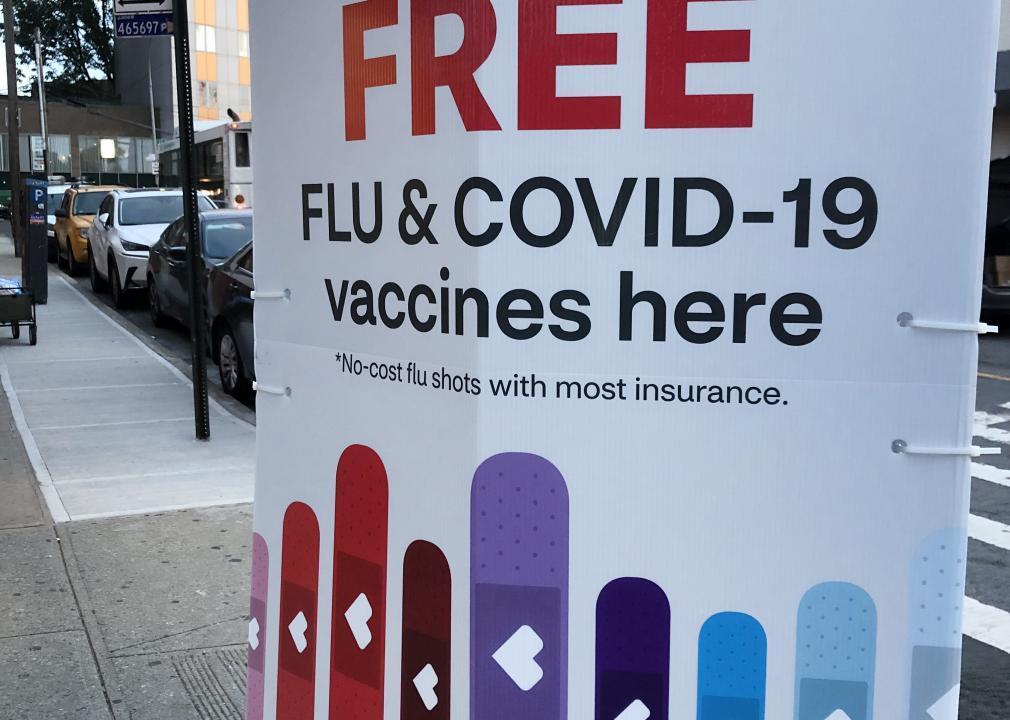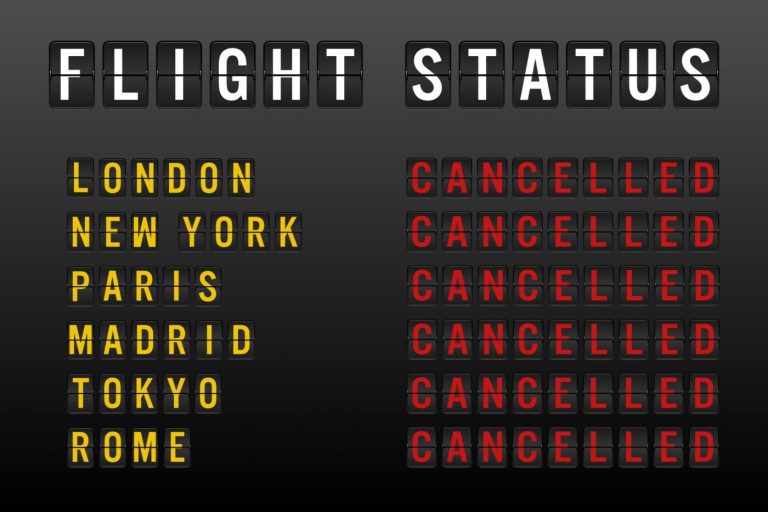October is the prime time to get a flu vaccine to protect yourself through the worst of the respiratory season.
However, keep your expectations in check.
This year’s shot may be less effective than last year’s at preventing severe disease. Newly released data from the Southern Hemisphere, where flu season typically runs from April through September, suggests that this year’s flu vaccines offer 34% efficacy against hospitalization, compared to 50% last year.
Overall, though, an evaluation of hospitalizations from places like Brazil, Argentina, Chile, Uruguay, and Paraguay suggests that people who were vaccinated for influenza were at significantly lower risk for hospitalization from a severe respiratory infection than those who did not get a flu shot.
The annual influenza vaccine targets three strains of seasonal flu, and scientists make an educated guess months before the fall season. It takes about six months for pharmaceutical makers to produce the flu vaccine. They try to create a formula that they believe will align perfectly with the circulating strains. In some years, scientists have been more on target than others. The big question is whether the same influenza viruses will predominate during the 2024–25 U.S. flu season as in the Southern Hemisphere.
“We know this is what happened in the Southern Hemisphere during their flu season, but patterns there don’t always predict how the season will unfold in the United States,” said Dr. Bharvarth Shukla, an associate professor of infectious diseases at the University of Miami Miller School of Medicine. “A reduction of 34% in hospitalization is still good, especially for people who are very vulnerable.”
“Also,” Shukla said, “there are a lot of caveats in the study that are important to consider. The age of the primary patient population in Brazil was much younger than ours in Florida.” And some countries like Chile and Ecuador had high levels of flu this season.
In the U.S, the Centers for Disease Control and Prevention recommends that everyone 6 months and older get a flu vaccine yearly. A high-dose inactivated vaccine is approved for people 65 years and older.
Shukla recommends looking at the big picture in making vaccine decisions: Who is involved in your daily life and whether it includes anyone who is immunocompromised or particularly vulnerable. “Take everything into context and talk to your doctor,” he advises.
Reviews of flu season data in the U.S. since 2009 find that vaccine protection ranges from a low of 22% to a high of 60%. For the U.S. population, that means millions fewer illnesses and visits to a healthcare professional. The flu vaccine also lowers the number of people with an illness who need hospital care or who die of influenza.
“These reviews show the vaccine is never a direct match, but there are still benefits of getting one,” said Rachel Guran, director of epidemiology and infection prevention with Memorial Healthcare System. “Even if the vaccine is not 100 percent effective, it still protects you against major serious illness.”
Once you get a flu vaccine, it takes up to two weeks to build immunity. Guran said that because people travel to Florida from all over the world, those who live here are exposed to influenza year-round, raising the risk factors.
“Consider the vaccine your secret weapon,” Guran said. “If you are doing everything else, such as eating well and having healthy behaviors, by getting a flu shot, you are adding that on top. You are even more protected than you would have been, and if you get the flu, you probably will not get as severely sick.”
Experts say while the flu vaccine is your best defense, other steps can provide some protection:
Wash your hands well and often with soap and water for at least 20 seconds.
Avoid touching your face. Keeping your hands away from your eyes, nose and mouth helps keep germs away from those places.
Eat lots of fruits and vegetables.
Clean often-touched surfaces regularly.
Meet outside with others as much as possible during peak respiratory season.
If you are sick, stay home.
Get sunshine daily.
South Florida Sun Sentinel health reporter Cindy Goodman can be reached at cgoodman@sunsentinel.com.












